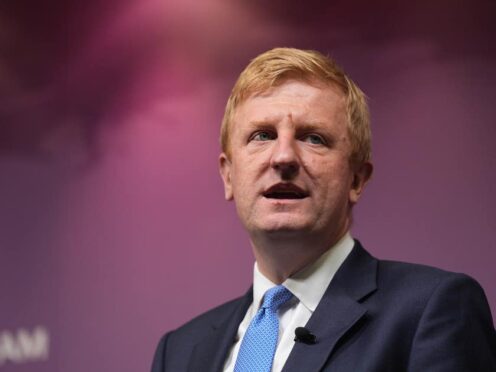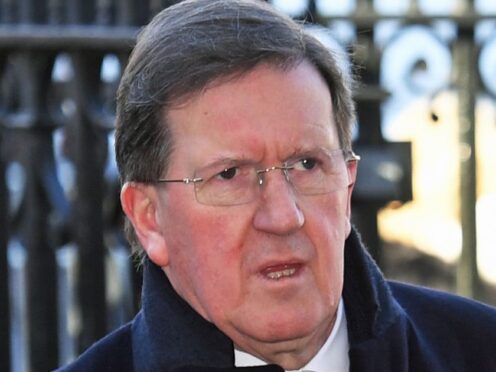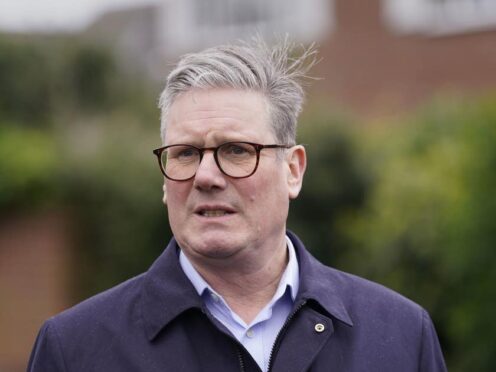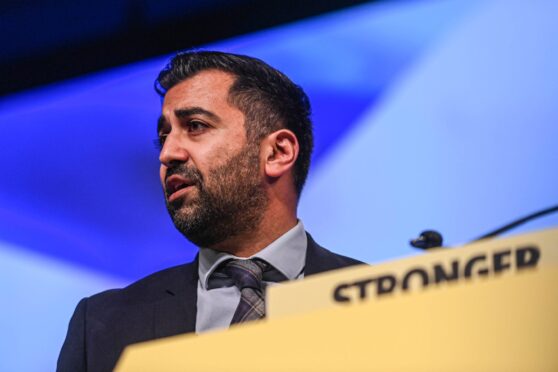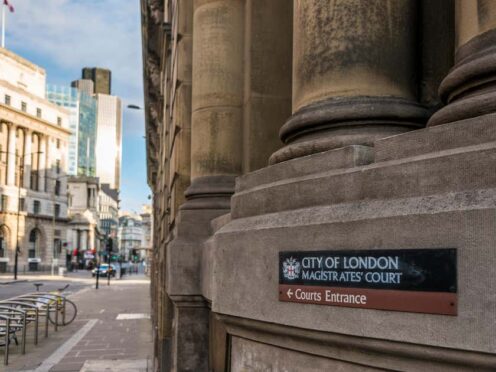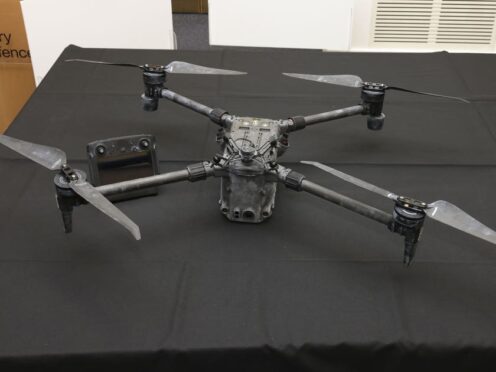Anti-nuclear campaigners have condemned Labour after the shadow defence secretary restated the party’s support for Trident renewal, despite Jeremy Corbyn’s opposition.
Clive Lewis admitted he was “sceptical” about the programme to replace the ageing submarines carrying the nuclear deterrent but Labour’s policy was “clear”.
The Campaign for Nuclear Disarmament (CND), whose vice-president is Mr Corbyn, said Mr Lewis’s comments would cause “huge disappointment” and meant the party had “abandoned” its review of defence policy.
The Trident issue has caused a deep rift within Labour, with the review aimed at addressing the difference between Mr Corbyn’s commitment to scrapping the deterrent and the party’s existing policy of supporting its renewal.
Mr Lewis told the conference: “As you know, I am sceptical about Trident renewal, as are many here.
“But I am clear that our party has a policy for Trident renewal.”
He warned Theresa May was using the issue as a “political weapon aimed at her party’s opposition at home – us”, adding: “So let’s not make ourselves an easy target.”
MPs voted overwhelmingly earlier this year to renew the UK’s nuclear deterrent system and Mr Corbyn was angrily condemned by some of his own MPs for opposing Trident.
Mr Lewis abstained on the vote, dismissing it as “parliamentary pantomime” designed simply to cause difficulties for Labour.
At the gathering in Liverpool both Mr Lewis and shadow foreign secretary Emily Thornberry stressed Labour’s commitment to multilateral nuclear disarmament.
But CND claimed the shadow defence secretary’s speech at the Labour conference in Liverpool meant the party was now “supporting nuclear rearmament”.
The Huffington Post reported Mr Lewis intended to go further in his speech, with a pledge not to unpick party policy, but a senior aide to Mr Corbyn advised him to remove the reference.
Mr Lewis insisted there was no issue with the leadership, telling the Press Association: “All speeches have amendments and changes. Where it starts out and where it ends up is always going to be a process of change.”
The shadow defence secretary said he was “very happy” with the version of the speech he delivered.
CND general secretary Kate Hudson said: “Clive Lewis has stated this morning that Labour will now prioritise support for multilateral disarmament initiatives. All well and good but what use is that if Labour fails to oppose Trident replacement?
“How can Labour claim to work for multilateral disarmament if it supports the Government building a new nuclear weapons system at a cost of £205 billion? This means Labour is supporting nuclear rearmament.
“Lewis has clearly signalled that the Labour leadership will not seek to change Labour policy and appears to have abandoned its defence review conducted extensively over the past year. The majority of Labour members oppose Trident replacement, so where is the democracy in that?
“Lewis made it clear that this was a decision designed to avoid political attack by the Prime Minister – but it has merely handed Theresa May support for one of her most controversial projects.
“There is enormous opposition to Trident replacement within the Labour Party and there will be huge disappointment at this U-turn by Clive Lewis.”

